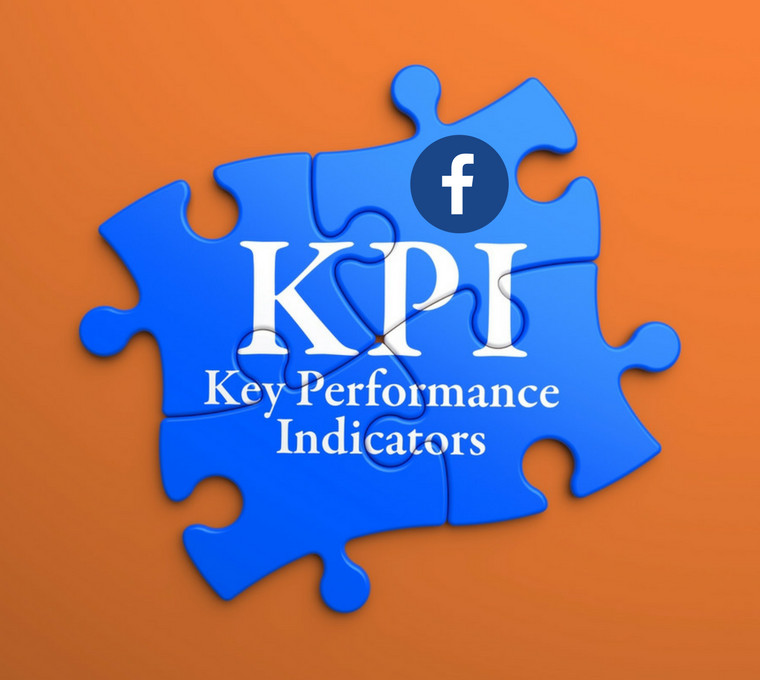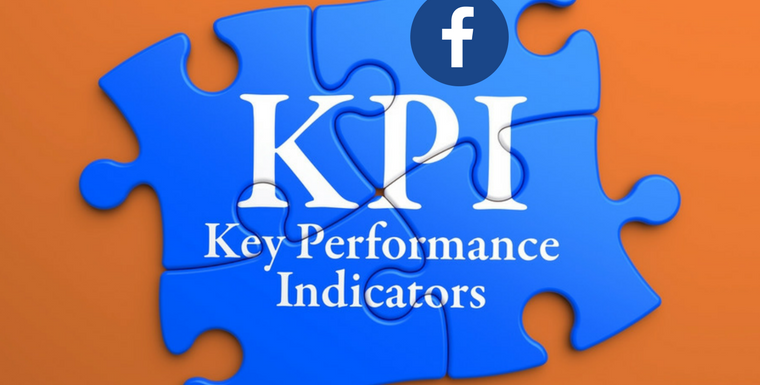 Facebook marketing done right communicates your brand’s core message and personality, attracts and engages users, and converts fans into customers. But too often, a business will jump onto Facebook without a plan or a clear idea of what success really means for them.
Facebook marketing done right communicates your brand’s core message and personality, attracts and engages users, and converts fans into customers. But too often, a business will jump onto Facebook without a plan or a clear idea of what success really means for them.
Most of us have experienced how planning improves our endeavors and marketing is no exception. A solid social media strategy saves time, money and precious resources…and builds puts sellers in touch with buyers on a more meaningful level. Time spent on strategy planning is evident in the results.
“Tactics without strategy is the noise before defeat.” -Sun Tzu
In my everyday travels, I see lots of businesses using the “trial and error” method of Facebook marketing. Example: “Let’s post this random picture of our product so everyone will see how fantastic it is!” The #1 reason they use this tactic is because they’ve seen another business do it.
Random pictures of products have been posted by thousands of businesses throughout the country for years. Isn’t it time to hold up on that and do something unique?
Get my latest business tips, exclusive content, and a bit of fun straight to your inbox with the Kruse Control Newsletter. Boost your profits with our proven advice. Sign up now – it’s free!
There’s nothing about benign product images and “sales jargon”
that promises something of value to the customer.
Now, if there was a story behind the image that told of a fantastic customer experience, then telling that story would bring you a big step closer to a quality post. Otherwise, it’s just noise…and noise is something we can all do with less of these days.
The ability to recognize the difference between a random, useless post and a quality piece of content is rooted in strategy. Specific goals and their corresponding strategies make Facebook marketing click.
What you post is governed by WHY you post.
Defined within your social media strategy should be:
- Goals you want to reach
- Timeframe to reach them
- Roadmap of how you’ll achieve them
- Definitive metrics
Look for success markers along your Facebook marketing journey.
Just like the maps app on your phone shows the best route to take toward your destination, KPIs (Key Performance Indicators) guide you to what success looks like for your Facebook marketing. KPIs give you a solid foundation from which to measure results.
Top 10 Facebook Marketing KPIs
EVERY social media strategy plan should outline the metrics you’ll measure and analyze for best results. These are Kruse Control’s top 10 Key Performance Indicators that we use with our clients:
1. Audience Growth
- How quickly are your fans growing?
- What are you doing to increase growth?
- Are you setting growth goals?
- Are you achieving those goals?
2. Audience Profile
- Have you defined your target audience?
- What type of audience are you building?
- How close is the audience you’re building to your target audience?
3. Audience Engagement
- Is your audience interacting with your content?
- If so, how are they engaging? (click, comments, likes, shares)
- If they’re not engaging, why aren’t they?
- Are you responding to comments on posts?
- Are you equipped to engage leads when they comment on posts?
4. Content Reach
- How many people are seeing your content each week?
- What are you doing to improve reach?
- What’s the optimal time of day to reach fans/followers?
- Are you getting “Referral Traffic” (website visits) from Facebook?
- Is “Referral Traffic” being tracked and leveraged for remarketing?
5. Engagement by Content Type
- What types of content are getting the best results?
- Have you tried different types of content that you haven’t before? (example: live vs. recorded video)
- Are you prepared internally to produce that new type of content?
- What organizational changes will need to happen in order to produce content?
6. Leads
- What is the CTR “Click Through Rate” to each landing page or blog post?
- What is the CTR from each social media channel?
- Number of leads per landing page (how many filled out lead form?)
- Number of clicks to landing page that did not fill out the lead form?
- Paid vs Organic Leads (organic leads are the result of networking and relationship building)?
7. Conversions
- What’s your conversion rate? (how many leads converted on landing pages?)
- Number of “organic” leads that converted (leads earned, not paid for)
- Which landing pages had the highest conversions?
- What is your lead process? (Does it help or hamper conversions?)
8. Response Rate & Quality
- How quickly are you responding to comments and messages? Facebook grades your page for response time.
- Is your lead form response time (follow-up to lead form inquiries) reasonable?
- How effective are you at Social Customer Service? Currently, 92.5% of brands fail to meet customer expectations on social media and these failures can have big implications.
Bad social customer service isn’t just embarrassing, it’s bad for business.
- 38% will feel negatively toward the brand without a response, and a full 60% will Tweet about their negative experiences.
- 2/3 of customers with poor customer experience reduce their spending with a brand.
- 55% of Americans have switched brands due to poor customer service.
Customers turn to social media when issues arise, expecting a response. 33% prefer to contact brands using social media rather than the telephone. How equipped are you to embrace social media as a customer service channel?
Any opportunity to hear customer feedback is a gift.
9. Sales
Marketing’s job is to serve up leads. Conversions are identified and tracked to determine if the message is resonating. Marketers, however, rarely track sales because it’s a hand off, of sorts. Other organizational processes come into play and many on both sides of the equation don’t bother communicating about sales results.
As a company leader myself, I’ve always thought of marketing and sales holistically. Tracking marketing through to sales results will only improve both.
10. Negative Feedback
- How much negative feedback have you received?
- Do you know how much is to be expected (ie: unfollows, hide posts, etc)?
- What is your process for dealing with negative Facebook reviews? Facebook, at this point, doesn’t offer even a rudimentary process for appealing a review. Your 4.8 stars can quickly become 2.0 with a few negative reviews, no matter whether they’re real or not.
Next Steps…
Examine your own Facebook marketing results using these top 10 KPIs. If you haven’t yet determined your social media strategy, we’re here to help–> (click here). We’ll help you build a bridge between your business and your customers with social media.
